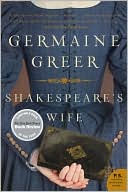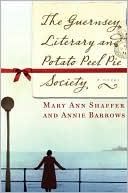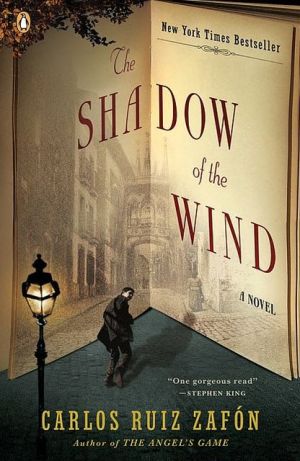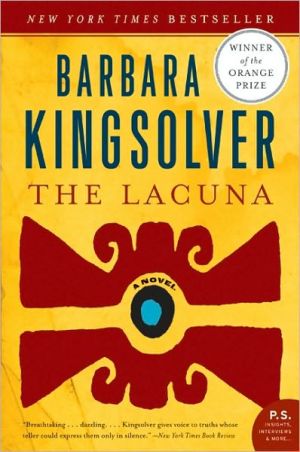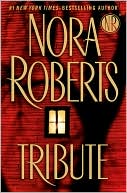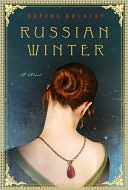Shakespeare's Wife
Search in google:
Little is known about Ann Hathaway, the wife of England's greatest playwright; a great deal, none of it complimentary, has been assumed. The omission of her name from Shakespeare's will has been interpreted as evidence that she was nothing more than an unfortunate mistake from which Shakespeare did well to distance himself. While Shakespeare is above all the poet of marriage repeatedly in his plays, constant wives redeem unjust and deluded husbands scholars persist in positing the worst about the writer's own spouse. In Shakespeare's Wife, Germaine Greer boldly breaks new ground, combining literary-historical techniques with documentary evidence about life in Stratford, to reset the story of Shakespeare's marriage in its social context. With deep insight and intelligence, she offers daring and thoughtful new theories about the farmer's daughter who married England's greatest poet, painting a vivid portrait of a remarkable woman. A passionate and perceptive work of first-rate scholarship that reclaims this maligned figure from generations of scholarly neglect and misogyny, Shakespeare's Wife poses bold questions and opens new fields of investigation and research.The Barnes & Noble ReviewLiterary historians have not been kind to Ann Shakespeare, née Hathaway. She is painted as old, ugly and desperate, leading poor William astray, trapping him into a loveless marriage at age 18 (she was a ripe 26). Or maybe she was beautiful and sexually experienced and...unfaithful. Perhaps her talented husband hated her -- or lived in fear of her. In fact, little is known about William Shakespeare's wife, the mother of his three children, whom he married in 1582. "All biographies of Shakespeare are houses built of straw, but there is good straw and rotten straw, and some houses are better built than others," writes feminist icon Germaine Greer in her new book. "The evidence that is always construed to Ann Hathaway's disadvantage is capable of other, more fruitful interpretations, especially within the context of recent historiography." Greer attempts to right what she sees as a profound wrong at the hands of the "Shakespeare wallahs" who have remade the Bard "in their own likeness...incapable of relating to women" by undertaking a "systematic review of the evidence against Ann Shakespeare." Parsing parish and court records, letters, historical materials, and Shakespeare's own work, she redraws Ann as capable and independent. The portrait may be a complete fantasy, as Greer blithely admits -- "If Ann Shakespeare had both skill and business acumen, she could have become a wealthy woman in her own right," she writes in a typical passage. "So far we don't know that she did, but we don't know that she didn't either." But though Ann's image remains hazy, a detailed, compelling picture emerges of what it was like to be a wife and mother in Shakespeare's time. --Amy Reiter
